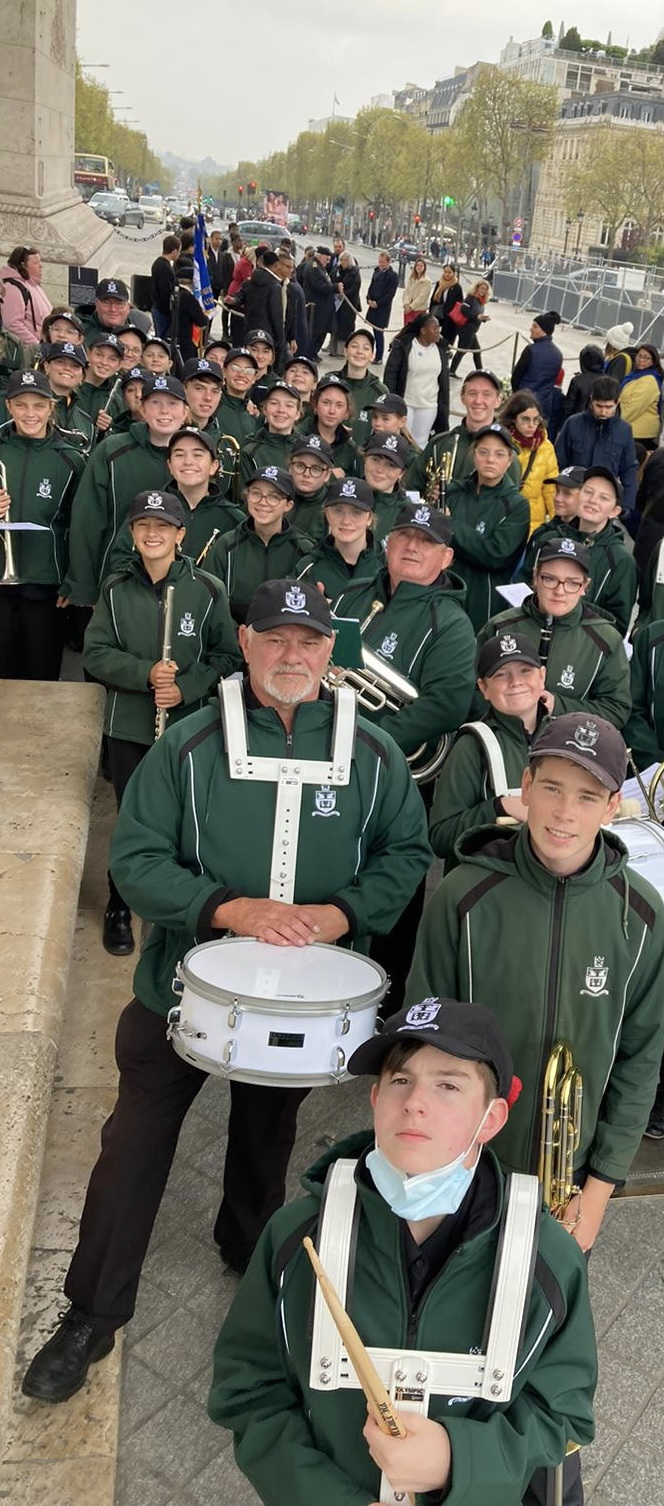Gippsland Grammar musicians impressed crowds during special overseas Anzac commemoration services last week.
The local independent school’s senior band and choir have returned from performing throughout France and Belgium. The 10-day trip culminated with extra special performances at the famous Last Post Ceremony at the Menin Gate Memorial, Belgium, and the Dawn Service in the Buttes New British Cemetery, Polygon Wood on ANZAC Day.
“It was a fantastic event to be a part of,” Year 11 student and tenor saxophone player Andrew Crawford said. “To rub shoulders with dignitaries and military officers is an experience I’m not going to forget anytime soon.”
The Australian Embassy to Belgium said the Anzac service was sombre and described it as ‘incredibly moving’.
“Today, we honour the values that have been invested in the original ANZACs - loyalty, selflessness, courage.”
“Very special to have the Dawn Service supported by local buglers and a performance by Australian school Gippsland Grammar. A privilege for us to witness their talents. Together with Australian and New Zealand Ambassadors, international guests, and local communities, they paid tribute to the Anzac, who served and died in all wars, conflicts and peacekeeping operations.”
It’s fair to say the inaugural ANZAC Music and Language Tour was a life-changing experience for the 46 students participating.
Year 8 student Hudson Ray-Daminato, who sings in Choir and plays percussion in the band, from East Gippsland said the journey had personal significance.
“My two-times great uncle, Henry James Bird, was an ANZAC soldier in the battle of Somme in World War 1. Henry’s parents settled in Paynesville after their marriage in 1881 and it was here where they raised their nine children. Henry was born in Paynesville in 1891 and was the sixth child and third of four sons.
“He was a Private Sapper, which is a combat engineer, and his service number was 2465. Henry’s journey from Sydney began on the 11th of December 1915 on what he thought was his duty. My research found multiple letters to and from his family, which we personally possess a war letter from 1916. Henry always signed off his letters with ‘from your loving brother/son Henry xxxx.’ He was popular with his peers and remembered for his fearless dedication to his duty,” Hudson said.
Gippsland Grammar’s Director of Performing Arts Dr Kevin Cameron said the tour presented an unsurpassed opportunity for students to learn through the lenses of music, culture and language.
“The Tour helped students understand what others have sacrificed in war for them,” Dr Cameron said. “To learn the price of service and to glimpse the greatness that collaboration and commitment through music can bring to the individual and the community.
“They will contribute to the ongoing ANZAC story on the Somme and this tour provides a special opportunity for some of the young people of Gippsland to honour, remember and reflect.”
The tour also included concerts in Paris and visits to a number of locations with a significant historical significance to Australians including Amiens, Bullecourt, Fromelles and Pozieres.
Head of Languages at the leading co-educational school Sonia Duggan, who was born in France, said students performing at the French national anthem ‘La Marseillaise’ at the Arc de Triomphe, Paris, was a trip highlight for her.
“It was a very special moment to witness our Gippsland Grammar students at such a significant location playing such a significant piece of music. Very special, indeed,” she said.
“It’s great to have international travel back on the calendar at Gippsland Grammar.”
She said on the back of the Anzac Tour, Gippsland Grammar would have 20 students visiting Japan for a Study Tour visiting Kyoto, Hiroshima, and Tokyo next term while eight French students and 21 girls from Hikarigaoka Girls High School in Japan would visit Gippsland Grammar for a two-week exchange.
“As a language teacher, it is wonderful to hear about students’ experiences in different countries," Mrs Duggan said.
"There is a greater connection between ourselves and our students as they better understand different cultures; their oral and aural skills improve and their new-found confidence in their language skills transfers in the classroom.”



